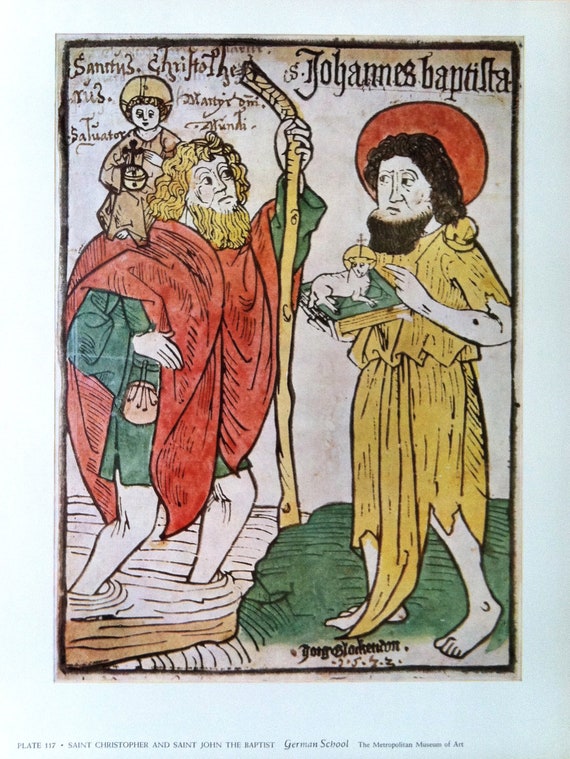In a previous career I worked with children and would attend
youth-worker conferences to keep up with the Jones'. People who work with
children (especially troubled children, as I did) are something less than a
perfect lot. They tend to be devoted, but tired, rough-around-the-edges and—at
times—uncouth people. If you ever have the good fortune to enjoy camaraderie
among youth-workers you will learn to laugh to keep from crying. Sometimes you
just laugh at life because all other occupations seem to be brimming
with Scheiße. So believe me when I
say that the sound of Scheiße is
funny to most of us. FWIW, The Sound of
Scheiße is my favorite Simon and
Garfunkel B-side.
One of the conferences I attended was put on by a Christian
organization that assumed, I suppose, that many of us would enjoy a concert
from Michael W. Smith. Someone else assumed, I suppose, that we would enjoy
this concert all the more if we were equipped with a thousand whoopee cushions.
We did. We cheered on that poor
pseudo-musician as loud as we could with a cacophony of pseudo-flatulence. I
think he played two songs. Then he just left the stage laughing.
That is a true story. Or at least I think it is. I am
summarizing an autobiographical experience that happened over twenty years ago.
I really don’t remember much more about that experience. I don’t know who was
sitting next to me or who went on before or after Mr. Smith. I’m not entirely
sure whether there were a thousand whoopee cushions, two-thousand, or seven
hundred. Maybe Mr. Smith played five songs and left angrily. I think I’ve got
the details right. But why should I trust myself so much that I
wouldn’t accept correction from someone else?
Do you know what would help my sense of accuracy
considerably? I would be helped a great deal if this story had made it into an
article published in The Door. Or if
Michael W. Smith had told this story to his wife and she wrote it down in a
biographical account. Or if Mike Licona and Bart Ehrman debated
about it on youtube. In short, all of these kinds of secondhand
experiences would help my memory considerably. My firsthand experience suffers
from vagueness, idiosyncratic perspective, and a sense of sadistic joy that shapes
the way I tell the story. If I had more detailed accounts from different
perspectives from secondhand parties I would be able to measure my imperfect
narrative against other imperfect narratives. I would be especially lucky if
some of the folks involved in these secondhand “memories” had contradictory
accounts so to generate the sort of heat required to keep the conversation
going.
Today I read a nice Bible Odyssey entry by Brent Landau
titled
"Was Luke a Historian?" It is a very helpful article and I might use it for my
historical Jesus class. Moreover, Landau is a serious scholar who should be
taken seriously (e.g. he deserves better than to be coopted within a crude
story about . . . . Michael W. Smith). So my apologies to Dr. Landau, but I
have a problem with this following paragraph:
When we look closely at Luke’s Gospel, we find a mix of
solid historical data and imaginative reconstruction. Let’s consider Luke 13:1-5 to
investigate Luke’s knowledge of historical sources. In this little-studied
passage, Jesus discusses the meaning of two tragic recent events: Pontius
Pilate’s shocking execution of some Galileans who were offering sacrifices at
the Jerusalem temple, and the collapse of the tower of Siloam that killed
eighteen people. Neither of the events mentioned in Luke 13:1-5 are
attested in any other sources, but they are both very likely to have happened
because they are relatively routine occurrences: Pilate behaved brutally on
numerous occasions, and buildings collapse. To be aware of two quite minor
events that took place in Jerusalem in the 20s C.E., Luke must have had access
to some very reliable sources—perhaps even eyewitnesses.
On the flip side, Luke reports some events that strain his
credibility. . . .
I include here the first line of the next paragraph to show
that Landau is quite willing to call fiction fiction. He is not only interested
in defending Luke’s status as “historian” and he knows very well the
anachronism involved in projecting that category onto an ancient author. Like I
said, I like this short Bible Odyssey article! That said, Landau continues the
problematic assumption that “Luke must have had access to some very reliable
sources—perhaps even eyewitnesses.” Luke, quite clearly, used sources. I have
no problem here. I also won’t dispute the brutality of Pilate or that buildings
fall down. True and true. Luke may even have a reliable source that has conveyed
the specific events mentioned in Luke 13:1-5. But why *must* Luke have had
access to some *very reliable* sources? I think that Landau climbs out too far
on this limb. Finally, why should we imagine—as Landau seems to—that
eyewitnesses provide very reliable source material?
Again, my apologies to Dr. Landau; this is something of a
pet peeve of mine. I do want to point out that I don’t think that I’m
nit-picking. There is a philosophical assumption and methodological tendency
here that requires more conversation.
So to my challenge: firsthand testimony
is not necessarily better and sometimes much worse than secondary or tertiary works
of reflection. This is true of “quite minor events” and even more true of significant, life-changing
events.
-anthony













